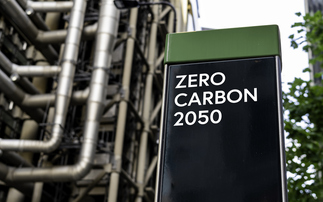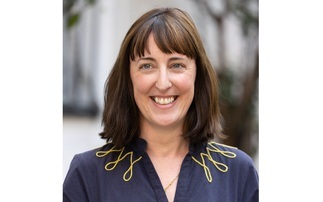André Veneman of AkzoNobel says achieving a high ranking is less important than the process of continually improving corporate sustainability performance
There is not long to go before the rankings are announced for the 2014 Dow Jones Sustainability Index (DJSI). That may mean little or nothing to some people, but for AkzoNobel, it's a big deal. The...
To continue reading this article...
Join BusinessGreen
In just a few clicks you can start your free BusinessGreen Lite membership for 12 months, providing you access to:
- Three complimentary articles per month covering the latest real-time news, analysis, and opinion from Europe’s leading source of information on the Green economy and business
- Receive important and breaking news stories via our daily news alert
- Our weekly newsletter with the best of the week’s green business news and analysis






